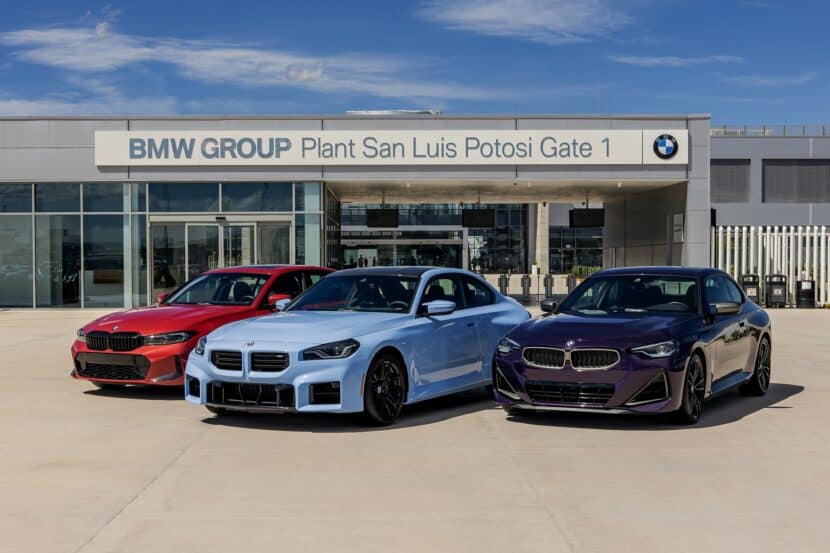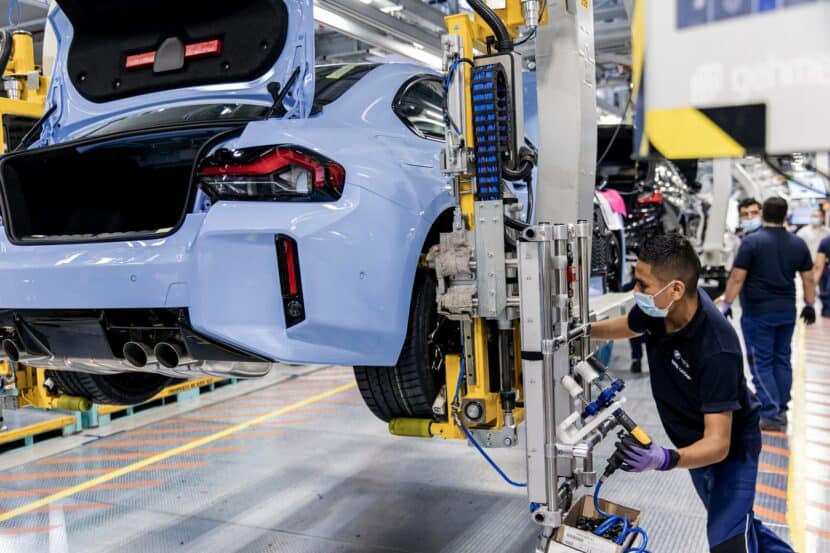BMW is expecting increased overhead costs to increase considerably in 2019, due to the uncertain economic conditions caused by trade disagreements, according to Bloomberg. One of those so called “trade wars” between BMW and China could lead to additional costs for the German automaker, as well as higher commodity prices. BMW says the costs to the company will likely top $1.1 billion next year.
“Our strategic profitability target of between 8 percent and 10 percent remains unchanged,” CFO Nicolas Peter said in a speech to investors on Monday. “Whether we achieve this in 2019 will depend on many different factors.”
The effect of U.S. and China tariffs will lead to a charge in the “mid-three-digit-million euro range,” he said. Exchange rates and commodity prices will likely continue their “negative development,” Peter said.
Other costs increase would come from tougher environmental regulations which require automakers to pack more technology in their cars, a cost that’s not always passed onto the customer.
To offset higher expenses and maintain its investment in new technology, BMW is reducing the number of engine variants and looking at other ways keep costs in check.
Over the last few months, BMW has reiterated its commitment to electro-mobility and autonomous driving, two of their pillars which will require a significant investment. The company plans to have at least 25 electric-powered cars on the road by 2025.





































































